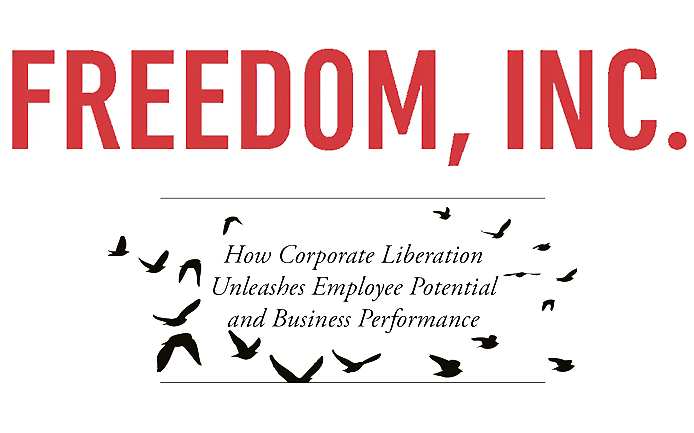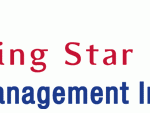 The exciting game of “making the numbers.”
The exciting game of “making the numbers.”
In Freedom, Inc. we wrote: “Because you get what you measure, your measurement becomes the performance. And before long, rather than boosting your firm to ever-faster growth and ever-higher profitability, you have people busy ‘making the numbers,’ a creative game that they love to play because it’s a great outlet for expressing hostility toward a ‘how’ company, as well as to undermine its performance more subtly than a strike would.”
Here are quotes from the earlier thinkers on the subject.
Douglas McGregor, The Professional Manager (1967, p. 124):
Human beings (unlike machines or technical processes) can distinguish between the numbers used to measure a performance and the performance itself. This human ability can and does become the basis for an exciting game known as “getting the numbers.” Almost everybody likes to play it, not only because it requires the exercise of ingenuity and involves risk, but because it provides a very satisfactory outlet for hostility. When they perceive threat, people tend to react with hostility. Since it can be directed not only toward the organization as such, but toward the people who design and administer control systems, the issue of the dishonesty involved becomes neatly buried in the excitement of the game.
John O. Whitney, The Trust Factor (1993, pp. 8-9):
Ben Franklin did not exude faith in human nature when he said, “If we got what we deserved, we would all hang.” Perhaps businesses have been getting the trust they deserve, for instance, managers destroy trust when they establish unachievable quotas to goad people to increase output. Sure, the goods may “get to the shipping door but quality goes out the window—and the workers know it. What about other games that are played—which employees and managers know are being played—in order to meet the numbers? Borrowing sales from next quarter. Slowing down this quarter because we have made quota. Shipping an order we know will be returned. Sharpening up the silver pencil, capitalizing instead of expensing, failing to take timely write-downs and reserves, switching from LIFO to FIFO and vice versa, not to reduce taxes but to influence reported earnings. Not only do managers distrust employees, but employees distrust managers, and both distrust the information that they are getting. What’s to be done? Tighten the screws? Pass more laws? Produce more reports? Make unions more militant? Hire more police and inspectors? These purported solutions run counter to the theory of holes: If you want to get out, stop digging!
But it seems that we’re still in the deep hole. According to Whitney:
We do not trust information—especially the financial and accounting reports. To protect ourselves, we build fortresses: extra measurements and controls, reviews, meetings, memos, and documentation. We break jobs into smaller pieces, then we add layers of supervision. We add inspectors. We tinker with incentives and reward systems.”
And then he delivers the punch line:
If the function of business is to profitably design, build, and sell a product or a service, then about half of its activities are unnecessary. Put another way: Costs are about double the optimum. Moreover, wasted activities and unnecessary complexity sap creative energy and the motivation of the people doing the work. A cost that is not measurable.
When will we see how deep is the hole we dug and will resolve to climb out of it?







